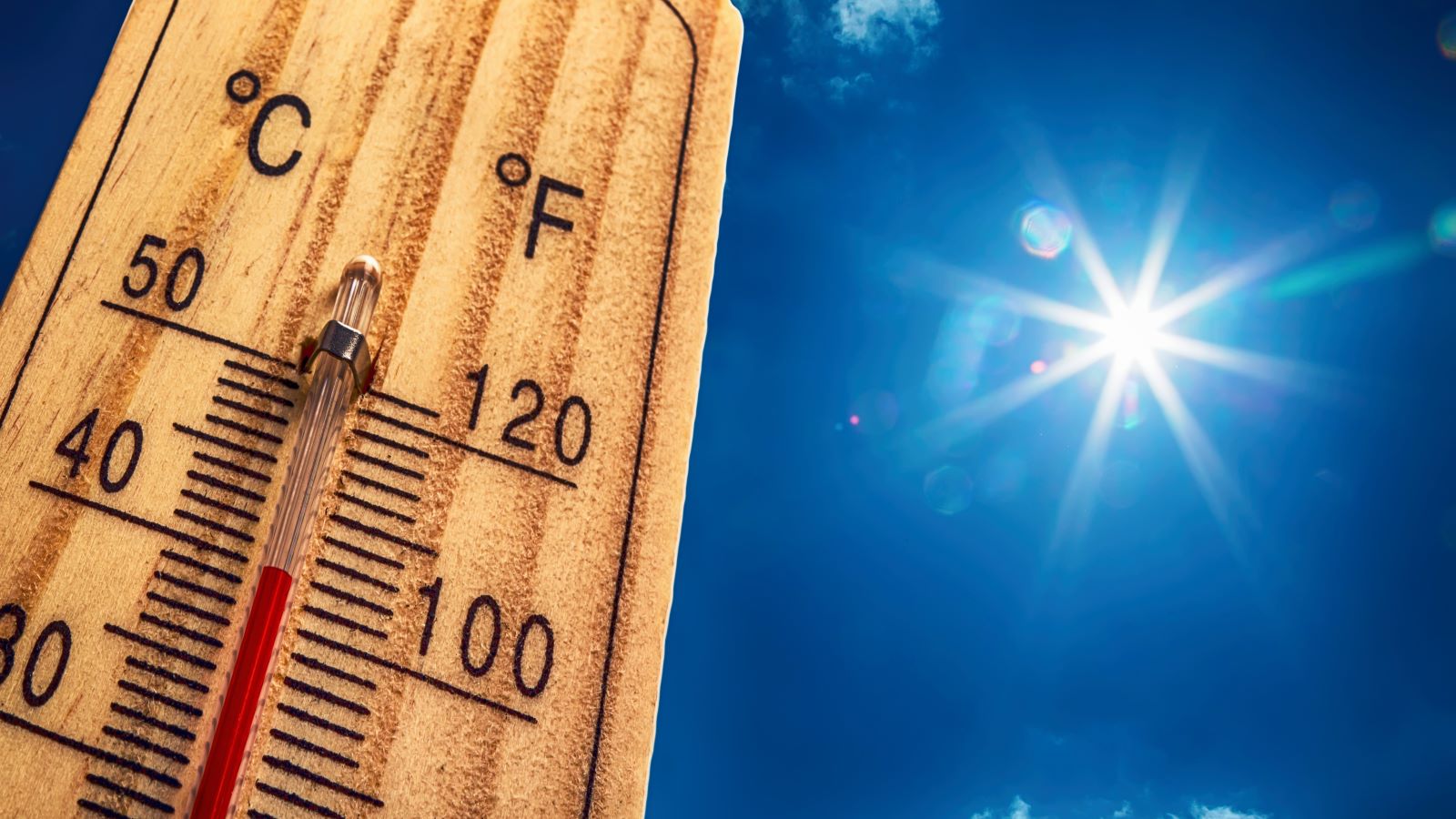<< Back
Does Hot Weather Affect Your Mental Health?

June 22, 2025
With sunshine, beach days, and cookouts, you might think of summer as a mood booster. And for many of us, that’s true.
But there’s another side to this story.
“When the weather gets too hot, we start seeing some real impacts on mental health,” says Joshua Wortzel, MD, a psychiatrist with Hartford HealthCare. “Heat can affect everything from your sleep to your mood to how you think.”
Here’s how hot weather might be affecting your mental health — and what you can do about it.
Sometimes, heat helps.
First, the good news. There’s some evidence that therapeutic heat exposure – think saunas – can actually help with depression symptoms.
And areas with warmer average annual temperatures tend to have slightly lower rates of some psychiatric conditions.
“But it’s important to separate heat from sunlight,” Dr. Wortzel cautions. “A lot of those benefits might actually come from light exposure – not necessarily the temperature.”
> Related: Is Warm Weather Good for My Mental Health?
But extreme heat comes with risk.
Recently, research has found that higher temperatures can be linked to worse mental health.
That includes:
- Higher rates of suicide
- Increased violence and aggression
- Impaired cognitive function
- Sleep disruption
“Heat impacts the brain and body in several different ways,” says Dr. Wortzel. “Once it’s over 70 degrees Fahrenheit at night, people tend to have lower sleep quality. And we know poor sleep is linked to a number of mental health conditions, including depression and anxiety.
Heat can also sap your motivation to move — which isn’t great news for your brain.
“There’s solid research showing that physical activity can help with depression. So if it’s too hot to exercise, that can be a problem, too,” says Dr. Wortzel.
People with mental illness are actually more vulnerable to heat.
Another concern? Mental illness doesn’t just affect mood – it also seems to be linked to how well your body manages temperature.
“We know that people with depression have higher core body temperatures,” says Dr. Wortzel. “While people with schizophrenia have lower core body temperatures, and don’t do well in heat stress.”
Some medications prescribed for mental health conditions can also make it harder for your body to handle the heat.
“Certain medications — like antipsychotics, antihistamines, and others — interfere with your ability to cool down,” says Dr. Wortzel. “They can affect sweating, body temperature regulation, even your ability to recognize when you’re overheating.”
But that isn’t a reason to stop taking your medication, Dr. Wortzel cautions.
“The benefits of these medications still far outweigh the risks. Instead, try taking extra precautions to stay cool, because you might be at higher risk during heat waves – even if you’re indoors.”
Can being outdoors help?
In moderation, spending time in nature still might help your mental health.
“Vitamin D levels are known to play a role in depression, so sunshine, which helps the body create Vitamin D, can give your mood a lift,” says Dr. Wortzel. “And bright light exposure, especially in the morning, can help regulate your circadian rhythm and boost mood.”
Just don’t assume being near a sunny window is enough. To get the full benefit, you usually need to be outside in bright light for at least 20 to 30 minutes.
“In general, nature seems to have a calming effect on us. There’s a growing body of evidence showing that green space exposure can reduce stress and improve moods,” Dr. Wortzel adds.
And more good news – green space can also dramatically decrease heat.
“Afternoon temperatures in a large, shady park can be seven or eight degrees Fahrenheit cooler than on the streets of the surrounding city,” Dr. Wortzel notes.
Here’s the bottom line.
If you love summer, don’t panic — there are plenty of mental health perks to warmer weather. But during a heat wave, it’s still important to keep yourself cool.
Here’s how to do it:
- Use air conditioning or fans at night to help with sleep.
- Exercise in the early morning or late evening when it’s cooler.
- Stay hydrated.
- Spend time in green space — even if it’s just a walk in a shaded park.
- Check in with your doctor if you take medications that affect heat tolerance.
“Hot weather isn’t automatically bad for mental health,” says Dr. Wortzel. “But when it gets extreme, it really can take a toll. The key is being aware, and taking steps to protect yourself.”